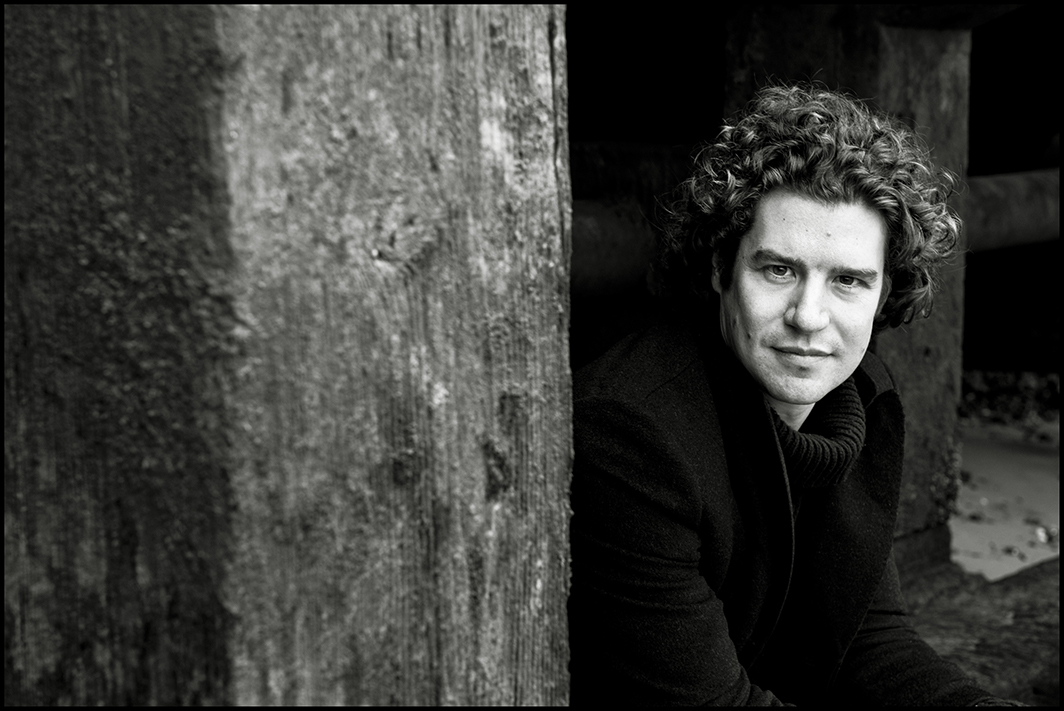Following Joan Baez’s farewell concert last week, tonight at the Usher Hall is also very special, as it is the last SCO concert conducted by Robin Ticciati as their principal conductor. It doesn’t seem ten years since the impossibly young looking Ticciati first conducted the SCO, later appointed their principal conductor in 2008. With his mop of curly hair, he reminded us of the young Simon Rattle, and his conducting has a certain similarity. He quickly established himself as a favourite with the orchestra and the audience. He also helped to consolidate the reputation of the Scottish Chamber Orchestra so much, that Michael Tumelty of The Herald acclaimed them the finest orchestra in Scotland. However, the good news is that Ticciati will be returning as a guest conductor during the Edinburgh Festival to conduct the Brahms Symphonies.
So there is a very full Usher Hall to greet Ticciati and the SCO, and a very warm reception for him. The concert itself is perfectly suited to show off his, and the orchestras, talents, beginning with Bach’s Orchestral Suites, followed by Copland’s Clarinet Concerto, and concluding with Dvořák’s mighty New World Symphony.
The Bach Orchestral Suite No. 4 shows Bach borrowing from French musical fashion of the time. It also showcases the wind players of the SCO, who are placed in front of the reduced string section, and whose music dominates the sound from the orchestra. The string players stand behind the wind players, and Ticciati is in detailed communication with them all.
This is followed by the Copland Clarinet Concert played by the SCO’s principal clarinetist, Maximiliano Martín. This was commissioned by the great jazz clarinetist Benny Goodman, and you can hear the strong jazz influences in the work. Martín gives a superb rendition of this work, from the slow expressive first movement, to the wild jazz influenced climax of the second. It reminds us that the SCO is made of talented musicians, many of whom are capable of being excellent soloists.
After the interval, a very big SCO takes to the stage (with over 50 players), including augmented string and brass sections. They are needed for Dvořák’s final work, his New World Symphony, composed when the composer was in America, and it reflects the influences of American music on him during his stay. Ticciati shows himself to be in complete control of this familiar work, conducting without a score, and communicating his wishes to the players by every means, including his smiles, his gestures, and even bending his slim body.
It is a triumphant performance, and it gets a warm response from the audience, who demand, and get, an encore. An era may be passing for the SCO, but we are grateful for what Ticciati has done for the orchestra, and the pleasure he has brought us.
